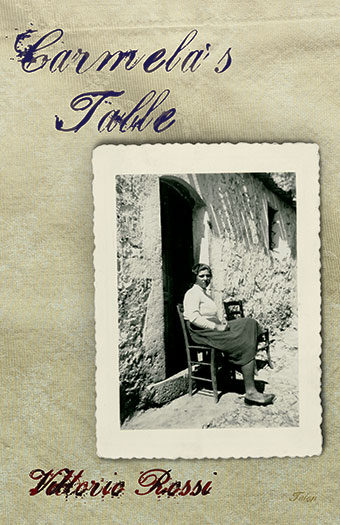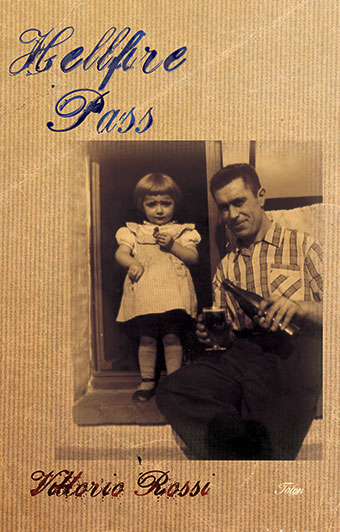Paperback / softback
ISBN:
9780889226098
Pages: 128
Pub. Date:
May 21 2009
Dimensions: 8.5" x 5.5" x 0.4375"
Rights: Available: WORLD
Categories
Drama / DRA013000
- DRAMA / Canadian
Shop local bookstores
In 1956, Silvio Rosato, a decorated World War II veteran, shows up at the house of his bigamist father, Eduardo Rosato, who had abandoned him and his mother in Italy in 1920, starting a second life and family for himself in Chicago. Handsome, assured and accomplished, there is something sinister about the young Silvio, with his air of familiarity and the distant, impenetrable look in his eyes. This mystery begins Hellfire Pass, part one of Rossi’s autobiographical A Carpenter’s Trilogy: A Chronicle in Three Plays.
At first glance a classic tale of North American immigrants, there is more to Vittorio Rossi’s tale than the conflict of a romanticized past confronting the excitement of a brighter future. Carmela’s Table, part two of this trilogy, finds Silvio settled in a new suburb of Montreal with his wife, their three children and his mother, the young family applying for immigrant status in 1957.
With part three, The Carpenter, Silvio’s life comes to an end – but not without a fight. As events from Silvio’s past come back to torment him, his hauntingly staged hallucinations grow more frequent, his moments of lucidity become fewer and fewer. When Carmela stares down her son and two daughters in a showdown over whether the Alzheimer’s-stricken Silvio should be placed in palliative care, the heart-wrenching but beautifully cathartic story of a family, including Silvio, coming to grips with itself unfolds with an unmistakably poignant honesty.
Set between 2002 when Silvio’s terminal dementia is diagnosed and his final days at a hospice in 2004, there is something timelessly old-fashioned in Rossi’s stagecraft as he cuts through the Gordian Knot of this family’s ties. Silvio’s son, Luciano, the family chronicler who struggles with the process of writing the very story we are watching, is the trilogy’s one overt touch of post-modernism.
Rossi’s plays represent the heftiest addition to the Canadian dramatic canon since David French’s Mercer Cycle or George F. Walker’s East End Plays
— CBC










